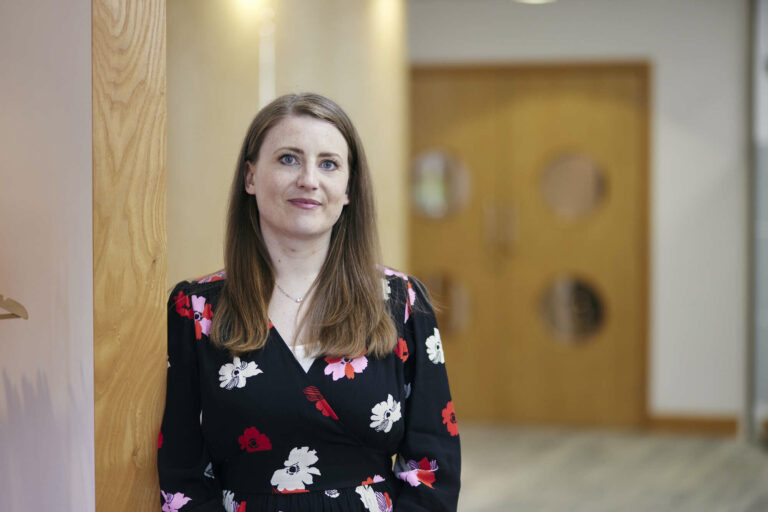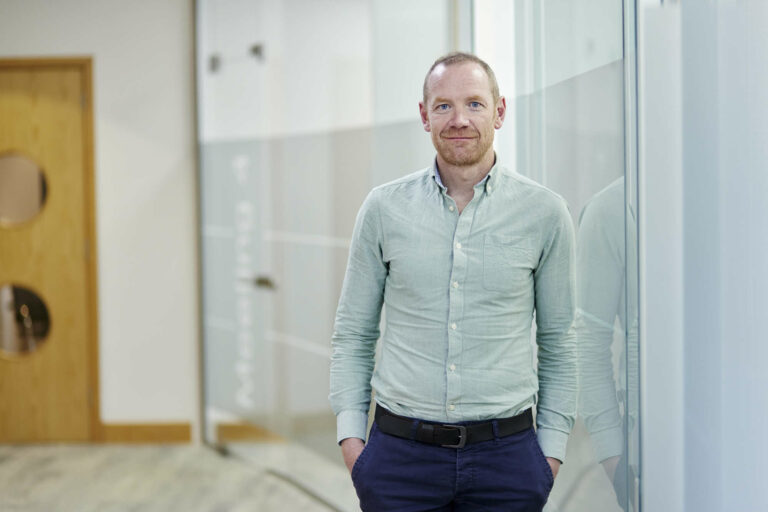
by Sally Crawley
Following on in our series of articles for Baby Loss Awareness Week 2022, some families who experience baby loss go on to give something back for the support they have received or pay it forwards by providing positive legacies in the name of their lost child. In this article, we will look at the benefits of doing this as well as ways to give back.
There is no right or wrong way to grieve. Grief is a natural response to loss for which there is no ‘normal’ timetable. Finding healthy ways to cope and come to terms with your loss can help some families find new meaning and ease the sadness.
As Mahatma Gandhi once said “The best way to find yourself is to lose yourself in the service of others”.
There are a vast number of ways to give back or pay forwards
For example, some parents have formed their own charities to support others who have suffered baby loss. Charities such as:
- Aching Arms gift comfort bears to families, run a telephone and email support and advice service (Supporting Arms) and organise memorial events in memory of babies:https://www.achingarms.co.uk/
- Group B Streptococcus Support raise funds for research into this life-threatening infection, raise awareness and educate medical professionals, and run a free helpline offering bereavement support:https://gbss.org.uk
- Towards Tomorrow Together gift memory boxes and provide support and counselling before, during and after pregnancy and birth, where a baby has died. They also provide support in subsequent pregnancies:https://towards-tomorrow.com/
- Daddy’s with Angels provide support for fathers, brothers, grandfathers and other male relatives who can be overlooked in the grieving process:https://www.daddyswithangels.org/
- Legacy of Leo is a blog that shares stories of baby loss, raises awareness and campaigns for better support for LGBTQ+ families suffering baby loss:https://thelegacyofleo.com/
Giving up your time to volunteer for a helpline, becoming involved with fundraising or awareness campaigns and contributing to online blogs/support groups are all ways to give something back and share your experience. Many people find this is a way to promote self-healing and obtain support from others.
Enable Law clients pay it forwards
Some of our clients have gone on to pay it forwards in more personal ways. One client calls a bakery every year and pays for the birthday cake of a child with the same birthday as her son who sadly passed away. Another client has become heavily involved in fundraising activities for Sands and runs marathons raising funds and awareness to support the charity. Some clients have asked for donations to a specific charity instead of flowers being sent for a funeral.
Some bereaved mothers have donated breast milk, refusing the automatically offered medication to dry up their milk. These women, known as Snowdrop Donors, donate expressed milk to milk banks which is then provided to babies that for some reason are unable to access breast milk from their birth mother. One Snowdrop Donor said expressing and donating milk gave her a purpose in life and focus and structure when she was struggling. You can read her story here:How donating breast milk helped me after the death of my baby – Boobingit
Donating physical things can be therapeutic, making you feel like you are actually doing something to help others. You could donate toys each year to a baby group or preschool or books to a local school in the name of your child who has died. Some families have donated the items they purchased for their baby to less fortunate families. One family set up a charity which organises the collection and distribution of donated soft toys to children in hospital. Another option might be to sponsor a child through World Vision or Action Aid, for example.
If there has been medical negligence and the family have brought a successful legal claim, some families have donated a portion of their damages to a baby loss charity in the name of their loved one. Such a legacy can have a powerful ripple effect on others in their time of need.
There are a number of benefits to giving something back. Some people say it brings them a sense of purpose and that they find healing through helping others. They experience a positive feeling which helps to cope with the loss.
Volunteering and supporting others is important as you can empathise and truly understand what other families are suffering. This enables you to provide support and information based on your own experience. Being around others who have been through similar events can be therapeutic to the one providing support, as well as to the recipient, bringing a renewed sense of meaning and purpose.
The science behind helping others
There has been some research into giving back after experiencing loss. American psychologist, Dr Suzanne Richards, found volunteering after bereavement led to increased mental and physical wellbeing and decreased depression rates compared to those who did not volunteer. Her results also showed giving back is beneficial for combating stress and anxiety. Study subjects reported feeling mentally stimulated, having an improvement in self-confidence and a sense of purpose in their time of need.
It is important to note that research has shown low levels of volunteering can have a positive impact, whereas too much can have a negative effect. There are concerns around positive and negative coping strategies and the possible avoidance of grieving. It is important not to immerse yourself totally and ensure you also take the time for yourself to mourn.
Moving on with your life does not mean forgetting about your loved one. Moving on means you are coming to some form of acceptance of your loss: it is not the same as forgetting. It is possible to move on and keep the memory of someone alive as an important part of you.
If you have experienced the loss of a child there are a number of charities and community organisations that are here to help you as detailed in our article earlier this week. If you feel that your baby’s death is linked to professional negligence or an accident that was avoidable, a member of our team are here to listen and will be able to help you explore what happened and get answers.
Having supported many families after baby loss we have developed an extensive network of contacts that can offer you help and support that we can introduce you to so you can get all the support you need at this very difficult time.
Enable law is here to help
Claire Stoneman, Partner at Enable Law, has focused most of her career on helping families following the loss of a child. Bringing a claim after such a traumatic event is often a way for families to obtain answers about what happened, to ensure that lessons are learnt and medical and bereavement care are improved to help other families in the future. Over her extensive career, Claire has matched many families with charities to enable them to get the help and support they need. Some of these families have moved on to become active supporters of those charities, providing emotional and practical support to other parents in return.
I myself am one of the members of Claire’s team who has a particular interest around baby loss. We listen to families, learn what the family would like to investigate, advise them on what is achievable, ensure they have the appropriate support and develop a deep understanding of the journey they are on. This means that we can help families by providing them with the support and advice they need.
Our team receives bereavement training from organisations likeChild Bereavement UK andPenhaligons Friends – A Cornish charity supporting bereaved children & young people to ensure we are able to help in such difficult times.
If you would like to speak with a specialist, contact us today.








